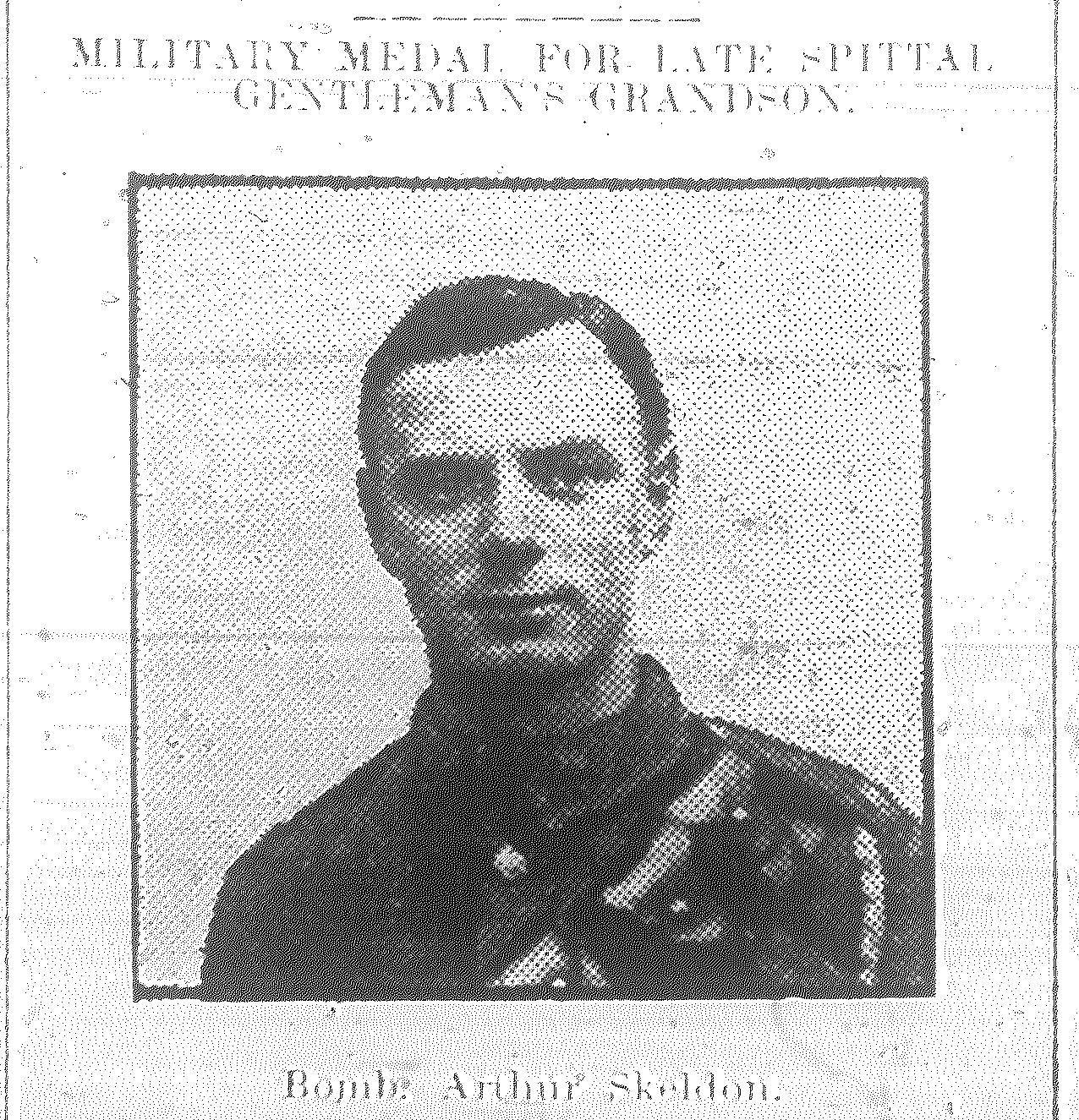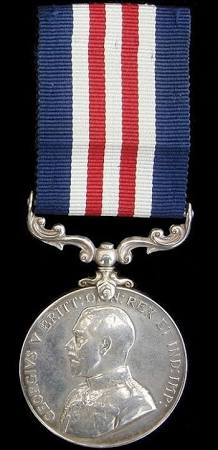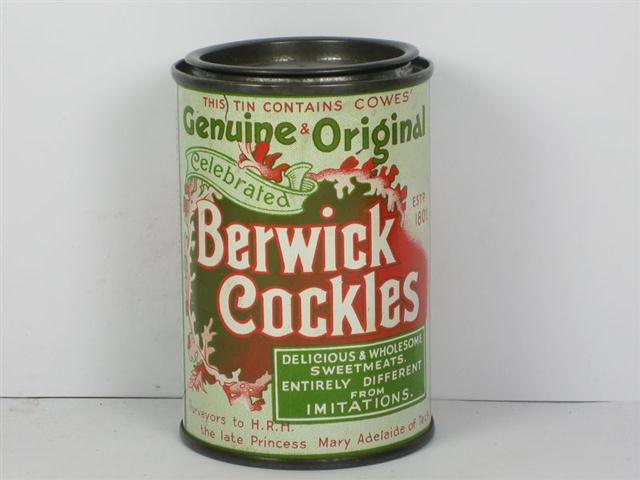
BERWICK ADVERTISER, 14 FEBRUARY 1919
PRESENTATION AT HOLY ISLAND
Returning from the war as well as going to it, is accompanied with changes; and Mr Hollingsworth’s welcome return to the island, after so nobly leaving school and family, three and a half years ago, to do his bit at the war, relives Mr Pearson, who has acted as temporary head master during his absence.
Three and a half years is a considerable time in the life of the school children; and while they had not forgotten their teacher at the war, and were proudly conscious of the heroism displayed in his absence from them, nevertheless they had also learned to love their present teacher; and to make friends of his wife and daughter; it was only natural they should wish in parting to show these feelings in the form of parting presents. We do not wonder at these feelings existing, for anyone who knows Mr Pearson readily come to perceive that, besides being an able teacher and a strict disciplinarian, he is remarkably fond of his scholars.

Children playing beside lobster pots at Holy Island, in the early 20th century. © Northumberland Archives, NRO 683-13-33.
On the afternoon of Friday last, the master being previously told to expect visitors, there duly appeared in the School, the Vicar, accompanied by a number of former scholars, and the ceremony of presentation proceeded. The Vicar gracefully presiding, the top boy, Master A. Crawshaw, with neat speech, expressed the kind wishes of the scholars for their teacher and his family, and in token of their good feeling asked the Master to accept of the following mementos. To the teacher himself, leather collar box and ebony-backed hair brushes; to Mrs Pearson, roll of music.
Mr Pearson, in returning kind knowledgements for himself and family testified the pleasure he had in receiving these gifts was the conviction that they were spontaneous and affectionate. Though leaving the Holy Isle he would never forget it, never forget the kindnesses he had received from all the people; and especially would never forget his beloved pupils. Thus ended the programme, according to plan; but the vociferous cheering, first for himself, then for his wife, and then for his daughter, which came neither from programme nor from plan, but from their heart, was perhaps the best part of a most pleasant meeting.
LOCAL NEWS
Congratulations to Gunner Robert Leach, 106th Siege Battery, R.G.A., husband of Mrs Leach, Bishop’s Entry, Berwick, who has been awarded the Military Medal for bravery in the Field in France. He joined up in June, 1917, and has been over 15 months on active service in France, and has had the good luck not to be wounded, though he has seen much heavy fighting.

Before enlisting he was Secretary to the Co-operative Society, Ltd., at Tweedmouth, and was also at one time in the office of the Borough Surveyor, Mr R. Dickinson. His younger brother has been in the army since out-break of war, but is now demobilised. They are the sons of Mr Leach, Main Street, Tweedmouth
It is expected that the new Sanatorium which the Northumberland County Council have decided to build at Wooler, will be ready for occupation in about twelve months. The total cost will be £55,804, and the building, which will be timber, lined and covered with asbestos when completed will house 500 patients. At present, however, it is only proposed to erect a building large enough to provide for 144 patients. When the question of building the new Sanatorium was discussed at the recent meeting of the Council, one member advocated “holding their hands,” as there were two excellent houses which would shortly come into market, and which would be suitable for a sanatoria. We understand that one of the houses referred to is on the banks of the Tweed, and not many miles from Berwick.
TWEEDMOUTH JOTTINGS
The brothers Private James Yourston, 1st K.O.S.B., and Private Andrew Yourston, N.F., have been home to Main Street, Tweedmouth, on leave together. Private James Yourston enlisted in the 7th N.F. in 1914, and went to France with the local Battalion. He was wounded shortly after his arrival on the Western front, and was out of action for a considerable time.

A British officer writing home from the Western Front during World War One
© Copyright expired. National Library of Scotland image: digital.nls.uk/74548100.
He had the honour of being awarded the D.C.M. while in the first battles, and was presented with the same at a public gathering in some time, and is returning back to his unit, Berwick. He has been in the 1st K.O.S.B. for some time and is returning back to his unit, which is now in Germany. Private Andrew Yourston now demobilised joined the 7th N.F.’s early in the war, and went through much of the campaign with the 7th, being later transferred to the 14th N.F. He also has been wounded, but is now fully recovered from all the ill effects of the war in general. He is a baker to trade, and intends commencing with his old employers the Co-Operative Society, as soon as convenient.
DUDDO
Although the fighting was finished it was thought that as the boys could not be at home for Christmas they would be delighted to receive a present from home to show them that they were remembered. Accordingly subscriptions were asked for and a ready response was given. Owing to the food regulations, etc., the usual parcels could not be sent, but instead a gift of money, socks and cigarettes, or money alone to the value of 10s was sent to each man. The answers received from the men showed how much they appreciated the kind thoughts of those at home.






